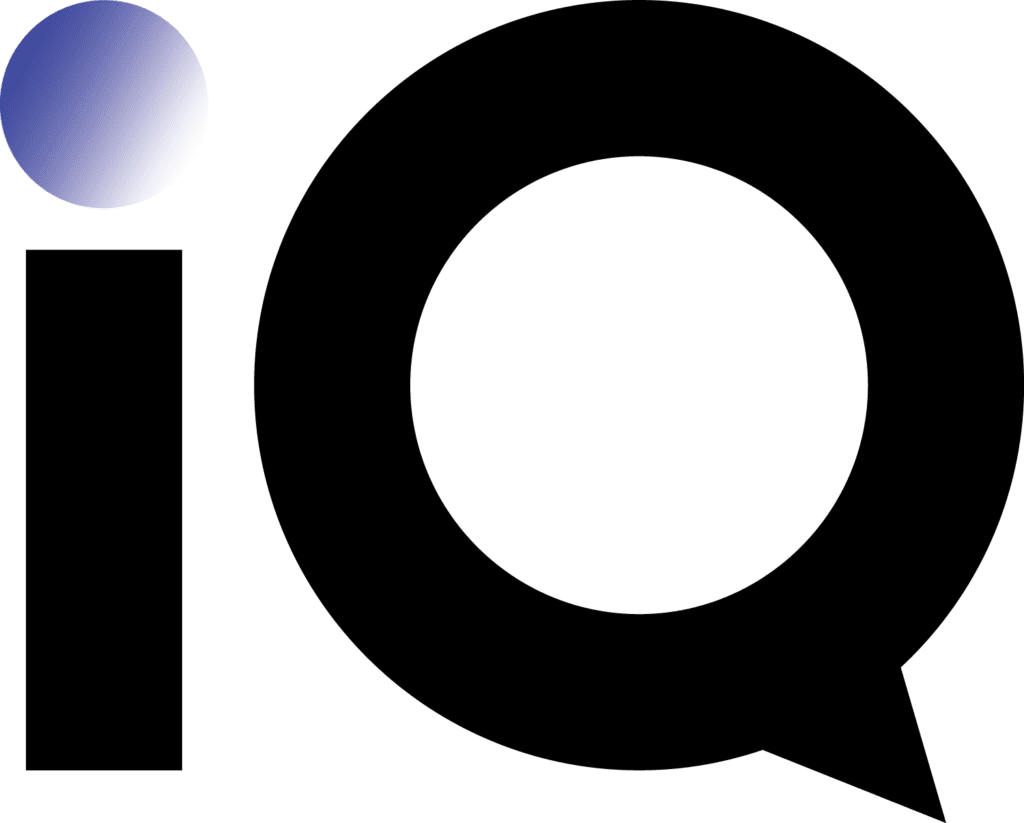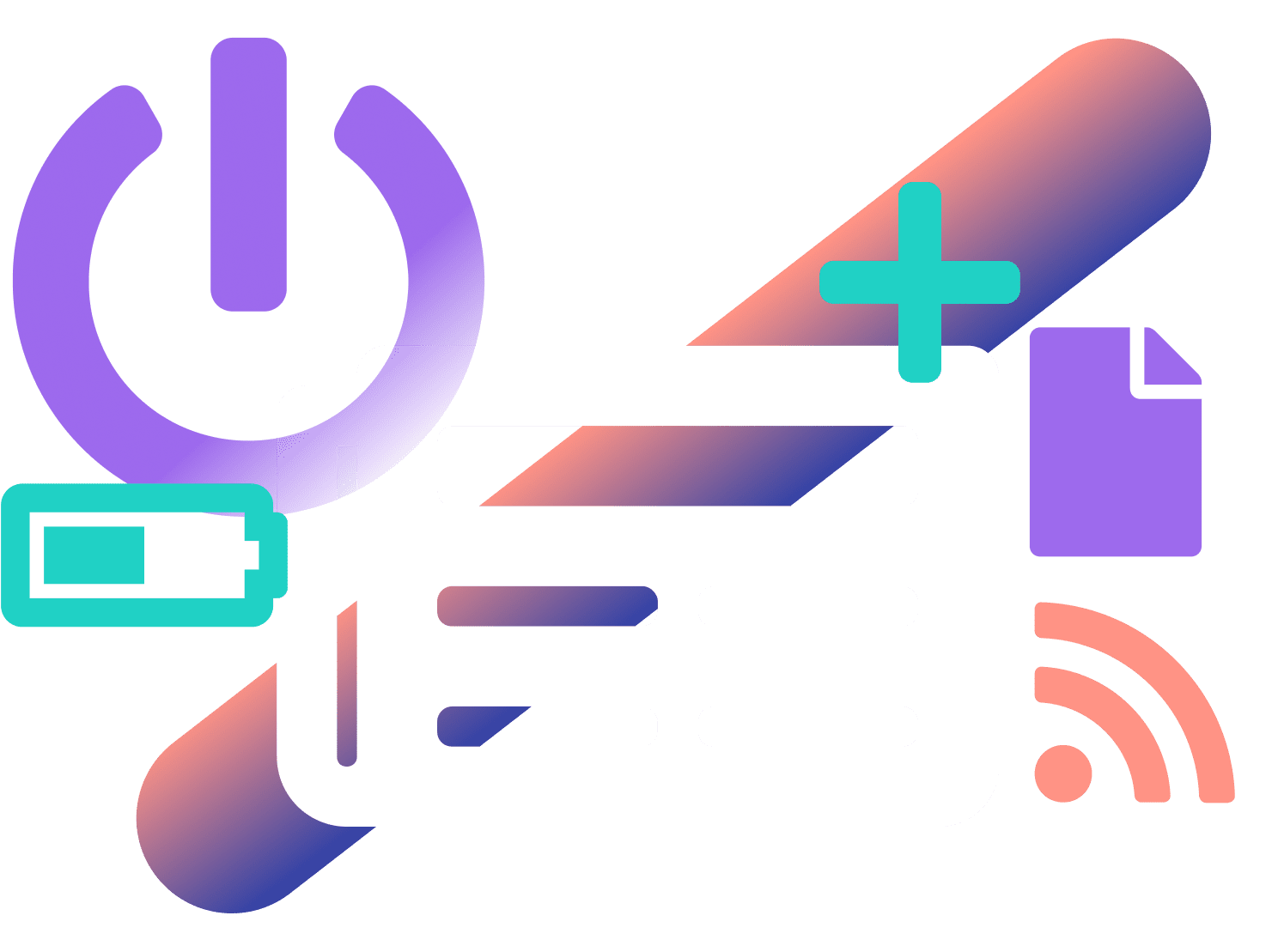Two simultaneous pandemics are occurring in healthcare: One driven by COVID-19 and the other by a healthcare culture that breeds physician exhaustion and burnout.
Evidence shows that burnout affects the vast majority of practicing physicians in the U.S. A survey of America’s Physicians Practice Patterns and Perspectives reported that 78% of physicians suffered from burnout—and the number is rising. According to Lancet, increasingly, “physician burnout has been recognized as a public health crisis because it not only affects physicians’ personal lives and work satisfaction but also creates severe pressure on the whole healthcare system—particularly threatening patients’ care and safety.”
The report further stated that burnout can be characterized as a “syndrome of three dimensions—feelings of energy depletion or exhaustion, increased mental distance from one’s job or feelings of cynicism or negativism about one’s job, and reduced professional efficacy.”
What can be done about physician burnout?
According to the AMA, “As an organization, prioritize and select interventions that address physician burnout where it exists. Focus on system-level changes, such as workflow redesign or better communication between physicians and other members of the healthcare team.”
In short, physician burnout could be alleviated with a healthcare reform plan that includes a digital transformation designed to streamline how physicians access and manage the tools, apps and services they use regularly—specifically, back-office tasks like time tracking, and paperwork processes that are steeped in governance and government regulations.
Physicians spend countless hours navigating complex, non-intuitive EMR technology systems geared more towards billing and revenue than physician satisfaction, collaboration, documentation and clinical accuracy. The key is to implement tools designed to both relieve the pressure on doctors and, at the same time, simplify the approval and reporting tasks of administrators.
iQ Technologies provides HIPAA-compliant solutions (e.g., Case Manager, Doc Chat) via an extensible, digital, SaaS-based platform that enables collaboration between physicians and healthcare teams. These apps and services were built specifically for physicians; they were designed with the assistance of a team of doctors to ensure performance, potency and usability. The result has been an increase in productivity, an increase in the amount of time physicians spend delivering direct patient care and a corresponding increase in the quality of that care.
Physician wellness has been linked to improved system performance and patient outcomes. By intervening with solutions (technical and procedural) that support professional well-being, healthcare facilities can reduce sources of stress, alleviating physician burnout and resulting in a positive impact on the organization.
To learn more about iQ’s medical applications, send us an email at: info@iq-technologies.com and download the Case Manager and Doc Chat data sheet.
Sources:





